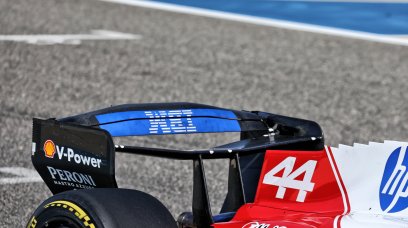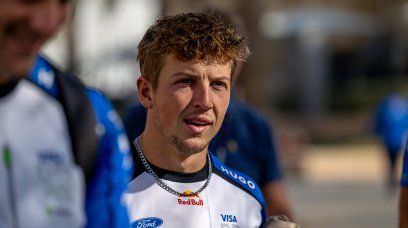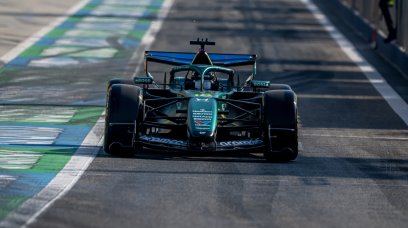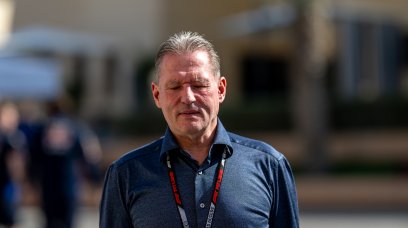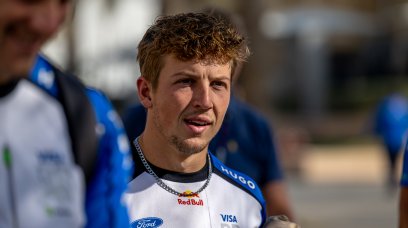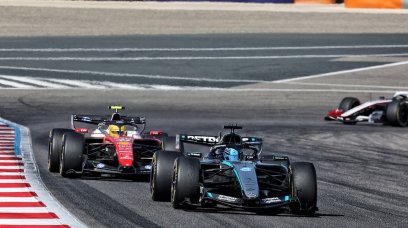George Russell has suggested an alternative way for Formula 1 race stewards to deal with in-race penalties. During the Japanese Grand Prix, Red Bull’s Sergio Perez was issued a five-second time penalty for making contact with Kevin Magnussen. At the previous round in Singapore, he was also handed another five-second penalty for a late-race collision with Alexander Albon. The stewards have a number of punishment options at their disposal, ranging from a five-second time penalty to a stop-and-go penalty. However, five and 10-second penalties have traditionally been used in recent years when there has been contact between drivers. In Singapore, Perez's penalty was effectively absorbed without any punishment as he had finished more than five seconds ahead of ninth-placed Liam Lawson, while in Japan, Perez was 'unretired' to serve his penalty so it could not potentially be rolled over to Qatar, which nothing in the rulebook prohibits.
Russell's idea
Russell has suggested that the stewards should consider the direct consequence of the crashes or accidents when dealing with incidents. The Mercedes driver pointed to his collision with Ferrari’s Carlos Sainz at the US Grand Prix last year, stating that he likely deserved a drive-through penalty - instead, he was handed a five-second penalty. “I’ve been in a position where if I look at Austin last year when I made the mistake with Carlos and I got five seconds for it,” he told media including RacingNews365. “That was probably drive-through worthy. It’s difficult because we say we shouldn’t judge the consequences of the incident. “But sometimes you need to judge the consequence of the incident.”
Most read
